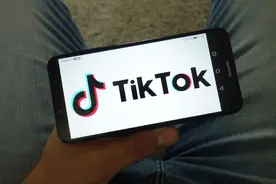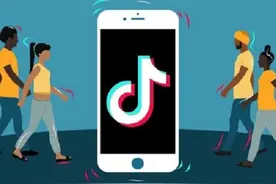On August 14, President Trump of the United States signed an executive order requiring ByteDance to sell or divest its TikTok business in the United States within 90 days on the grounds of affecting the national security of the United States, and authorized the Attorney General to take any necessary measures to implement this order.This is the second time Trump has issued a presidential decree against TikTok.On August 6, Trump issued a presidential decree requiring that after 45 days, any person or enterprise subject to the jurisdiction of the United States be prohibited from conducting any transaction with TikTok's parent company, ByteDance, and from conducting any WeChat related transaction with Tencent, the parent company of WeChat.Due to the different time of the two presidential decrees, it is misunderstood by some that Trump has extended the ban on TikTok from 45 days to 90 days.This view is wrong.In fact, the two presidential decrees are independent of each other, and their effects overlap with each other.They do not conflict.They are the suppression of TikTok and ByteDance at different levels.First of all, the transaction cannot be postponed.TikTok still needs to sign the transaction within 45 days.The presidential decree of August 6, citing the International Emergency Economic Power Law, blocked the "ByteDance" on the grounds of national security.If the presidential decree is not revoked, it means that after 45 days, all products of ByteDance cannot be traded with American companies.In extreme cases, the US government will be able to order Apple and Google to remove all products of ByteDance from their app stores worldwide.The order can even cover the AppStore in the Chinese market.Although the wording of the presidential decree of 6 August was vague.But we can be sure that after 45 days, if ByteDance does not complete the signing of TikTok's sale, the sale will be blocked.TikTok's US business can only be closed.Secondly, the presidential order of August 14 is based on the CFIUS investigation procedure and has legal effect, which means that TikTok's U.S.business can only be sold or closed in 2017, and ByteDance acquired short video application music Ly and later incorporated into TikTok.Trump's presidential decree on August 14 actually began at the end of 2019.The CFIUS concluded that the acquisition was dangerous to national security and must be vetoed.CFIUS is a department in the United States that is specifically responsible for reviewing overseas investment.CFIUS can actively review investment acquisitions related to "American national security".After determining that relevant actions may affect national security, CFIUS will submit the conclusions and handling suggestions to the President, who will make a presidential decision on the transaction.Trump's latest presidential decree made it clear at the beginning that ByteDance is a key factor in music The acquisition of ly "may threaten the national security of the United States." And authorize the Attorney General to take any necessary measures to sell or divest ByteDance's TikTok business in the United States.CFIUS does not have a very clear legal standard for the identification of "national security", and does not need substantive evidence, which is completely based on government agencies
-
Home
-
Product
SolutionsmanagementUnified management of multiple mobile phones and accounts
Marketing automationUse scripts instead of manual automation to run APP applications
Self-developed scriptJavascript can be used to develop all mobile terminal automation operations
SolutionsData monitoringMulti-dimensional monitoring account and peer online red data
analysis reportMulti-dimensional analysis report of data
-
About






Comment Cancel reply